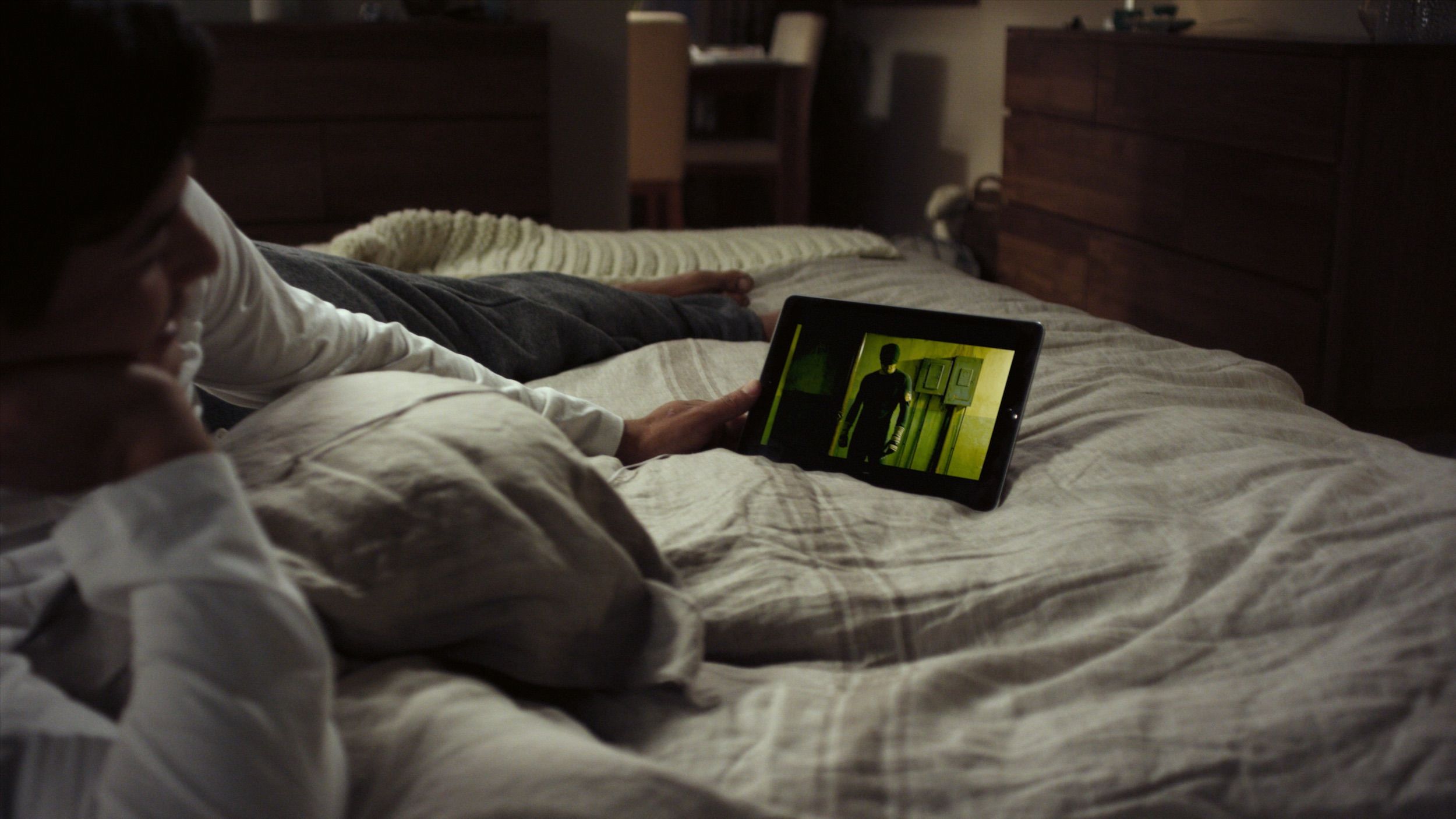NCTA: Getting Tough on Streaming Pirates is Critical
Said new deterrent is needed to protect cable programmers

The smarter way to stay on top of the streaming and OTT industry. Sign up below.
You are now subscribed
Your newsletter sign-up was successful
NCTA-The Internet & Television Association is praising passage of the narrowly tailored bill that makes pirating video streams a felony, saying it is key to protecting cable's creative works.
The bill passed as part of the must-pass omnibus government spending bill that passed late Monday night (Dec. 21) and closed what had essentially been a loophole that punished illegally downloading copies of movies and TV shows more seriously than illegal streaming them, dating from when the former was more prevalent than the latter.
NCTA members are both increasingly focused on the broadband side of their business and increasingly involved in the streaming business that the bill is meant to better protect.
Also Read: Bill Would Make Illegal Streaming a Felony
"We applaud Congressional approval of The Protect Lawful Streaming Act, bipartisan legislation that modernizes copyright law to protect video programming against unlawful online streaming," said NCTA president Michael Powell. "This narrowly-tailored law will target large scale criminal piracy, and will not affect legitimate internet service providers or ordinary internet users. It will provide prosecutors with a critical new tool to deter online criminal activity and protect the rights of cable programmers that stream their creative works online..."
That new tool is a felony rap that could mean fines and prison time.
The bill is narrow because its language specifies that the fines, and up to five years in prison, apply to copyrighted streams stolen with the intent to market or promote its public performance, and by persons who "knew or should have known" it was being stolen to distribute publicly.
The smarter way to stay on top of the streaming and OTT industry. Sign up below.
The bill's author, Sen. Thom Tillis (R-N.C.), who introduced this month, said it was targeted to large-scale, criminal, for profit, streaming services, not good faith business disputes or noncommercial activities and that it was not meant to capture in that net individuals who access pirated streams or unwittingly stream unauthorized copies of copyrighted works.
Also Read: DOJ Says Make Unauthorized Streaming a Felony
The Obama Administration almost a decade ago asked Congress to "clarify" that streaming illegal content, as well as downloading it, was a felony, an effort pushed by then White House Intellectual Property Enforcement coordinator Victoria Espinel.
That effort didn't bear fruit, likely because there was not the buy-in from studios and sports leagues and others that has emerged since the explosion of streaming services from studios and distributors. Sports, entertainment and live news programming are more likely to be illegally streamed than downloaded, and are now being streaming in abundance, so closing the loophole took on extra impetus, particularly during a pandemic when streaming is the new night out at the movies or night in with a favorite show.
It was also notable, and Tillis noted it in promoting his bill, that some fair use advocates who would have been expected to oppose the tougher penalty for streaming were at least neutral on the bill, likely in part because of the language that made it clear the bill targeted commercial operations and not individuals.
Contributing editor John Eggerton has been an editor and/or writer on media regulation, legislation and policy for over four decades, including covering the FCC, FTC, Congress, the major media trade associations, and the federal courts. In addition to Multichannel News and Broadcasting + Cable, his work has appeared in Radio World, TV Technology, TV Fax, This Week in Consumer Electronics, Variety and the Encyclopedia Britannica.

